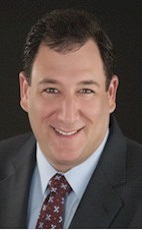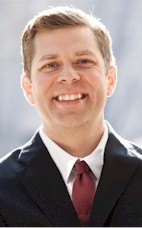
The original value and objectives associated with spa facilities and wellness programming have surpassed preconceived departmental importance. This article reveals how spa and wellness aspects are disseminated throughout the whole guest experience, and how wellness motivated design and construction elements complement property development, enhance marketability and engagement and is spurring new growth across the hospitality sector. This article also examines how critical management adjustments, and product and service enhancements can significantly add value, increase RevPAR and improve average daily rate performance. READ MORE



















